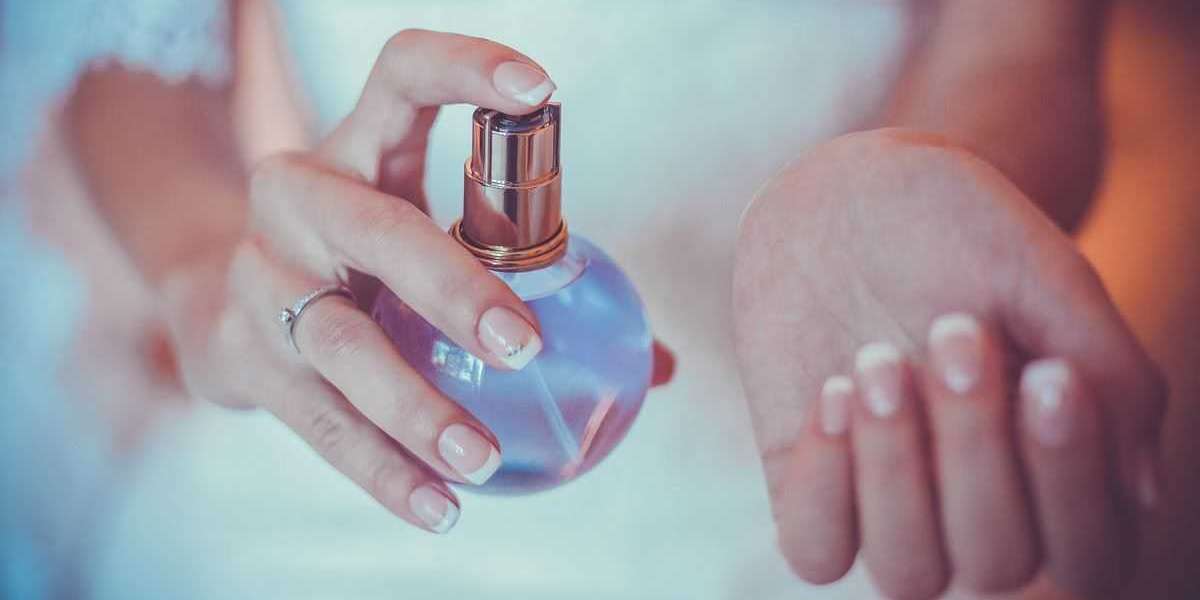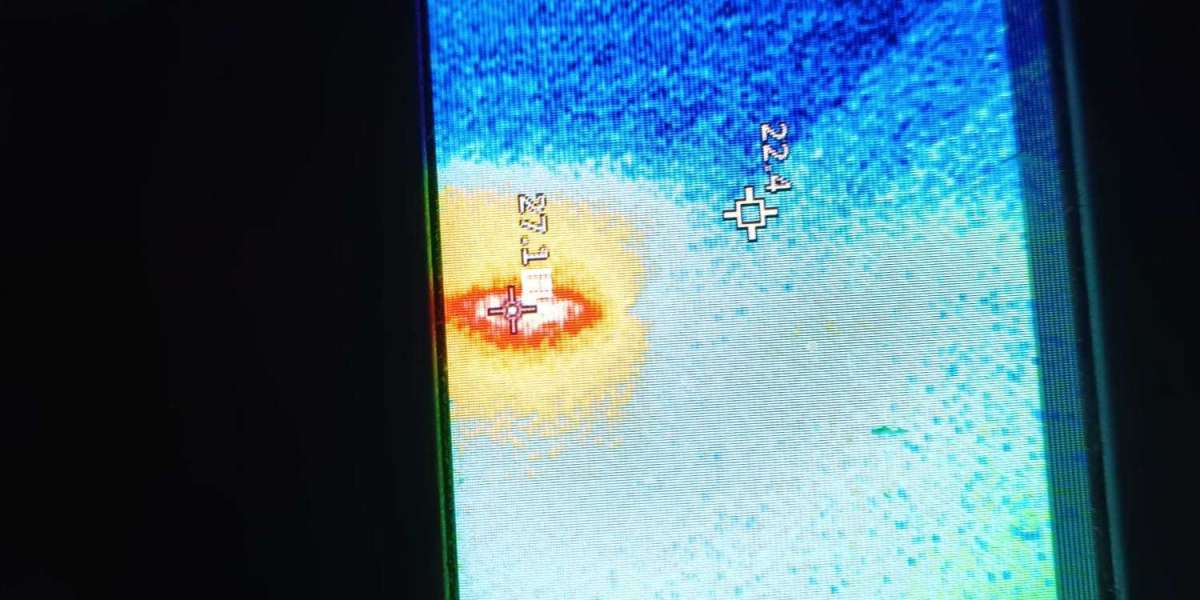Is the huge and complicated world of perfume too much for you to handle? It can be hard to choose a sweet-smelling perfume because there are so many to choose from. The terms can be hard to understand, and there is a lot of thinking to find the right scent.
How Perfume Came To Be: A History With A Sweet Smell
The past of perfume is like a fragrant history that is stretched out over time. Early on, our ancestors learned how appealing scents could be. The Egyptians were especially good at this scented art. They knew how to make aromatic oils and essences over 5,000 years ago. They used almond, rose, frankincense, myrrh, and many other plants to create beautiful mixes. Egyptians used these fragrant mixtures for many things, like for people to feel attractive and even giving them to the gods as gifts. When Tutankhamun's tomb was opened to researchers in 1922, it gave a hint of the Egyptian's high skill level. The fragrance of an old ointment remained there even after centuries.
Egypt's love of perfume started a flame that spread to other civilizations. In ancient Greece, athletes used fragrant oils to improve their talents, and Roman banquet guests drank flower-scented water between meals. The Persians made perfumery even better by adding new, foreign ingredients and improving the way pure flower essences were extracted through distillation. During the Crusades, this information finally made its way to Western Europe. This set the stage for the growth of modern fragrance.
Perfume has been an important part of human history, from its humble beginnings as incense offerings to its current standing as a sign of wealth and personal expression. As we keep looking into new fragrances, we build on the rich history of our ancestors, who were the first to understand how powerful smell can be.
The essence of "Perfume"
The word "perfume" has a long past in terms of its linguistic roots and cultural meaning. This word, which comes from the Latin phrase "per fumum," which means "through smoke," describes what fragrance is all about. In ancient Rome, this idea was beautifully shown in religious ceremonies that burned fragrant flowers, leaves, wood, spices, and resins as gifts to the gods. These rituals released their fragrant flavor into the air.
Today, "perfume" refers to a carefully created mix of fragrant ingredients meant to make people feel something, improve their style, and leave a lasting impression. From its humble roots as a religious offering to its modern status as a sign of wealth and individuality, perfume continues to delight our senses and make our lives better. To connect with nature and describe ourselves through the language of fragrance is something that people have always wanted to do.
The Art and Science of How to Make Perfume
It takes a careful balance of art and science to make a new perfume. Even though a perfumer knows how to mix fragrant materials, the process of making a perfume is not done by just one person. A good perfume house needs everyone to work together and have the same goals, just like a musical orchestra. The head perfumer, or "nose," leads the creative process like a conductor, making sure that every part fits in with the whole.
To make a cologne, you have to carefully choose and mix sweet materials that smell good. It takes a lot of knowledge and experience for perfumers to carefully mix natural and artificial ingredients to get the fragrance they want. But even the most experienced perfumers can't say for sure what will happen in the end. The real magic of making perfume happens in the lab, where trial and error, gut feelings, and careful tweaks come together to create unique, sweet-smelling perfumes.
A perfume can go through many changes before it finds its perfect form. Each change makes the scent perfume more like what it was meant to be, which could be a feeling, a mood, or a story. A perfume bottle that looks so simple can hold such a complicated and enticing mix of scents. This is a sign of how hard the perfumer works and how talented they are.
The Heart of a Scent
There are both organic and synthetic ingredients that go into expensive perfumes to give them their beautiful fragrances. Flowers like jasmine, rose, and tuberose give off wonderful scents, giving nature a rich array of smells. More scents for perfumers to choose from include:
- The bright zing of citrus fruits.
- The sweet smell of herbs like lavender and sage.
- The cozy feel of wood oils like sandalwood and cedar.
Nature, on the other hand, can't catch every smell dream. Synthetic chemicals help perfumers make scents that are hard to find, like the delicate orchid or the juicy strawberry. They can also make scents that don't exist in the real world. These artificial notes give a scent more depth, complexity, and longevity, bringing out the natural beauty of botanical elements.
Perfumers, with their unique blend of artistry and skill, can make endless smells, each with its own unique personality and charm. Thanks to the way natural and synthetic ingredients work together. This level of skill turns a simple bottle of perfume into an enticing olfactory experience that can bring back memories, feelings, and dreams.
How To Perfect Blend Ingredients To Make A Perfume
Remember that their ingredients can be slightly different when you buy different types of perfume, like eau de parfum, eau de toilette, or cologne. These differences can happen when other notes are used or when the amounts of those notes are changed, leading to small changes in how strong the smell is and how long it lasts. Furthermore, some perfume companies may save their most valuable and expensive ingredients for their strongest scents while using cheaper alternatives in lighter ones.
It is important to remember that the life of a perfumer does not always show how good it is or how much it costs. There are many things that can change how long a perfume lasts, such as the quantity of the scent, the person's skin chemistry, and even the weather. In the end, the most important thing is that the perfume makes you feel something and makes your style look better.







